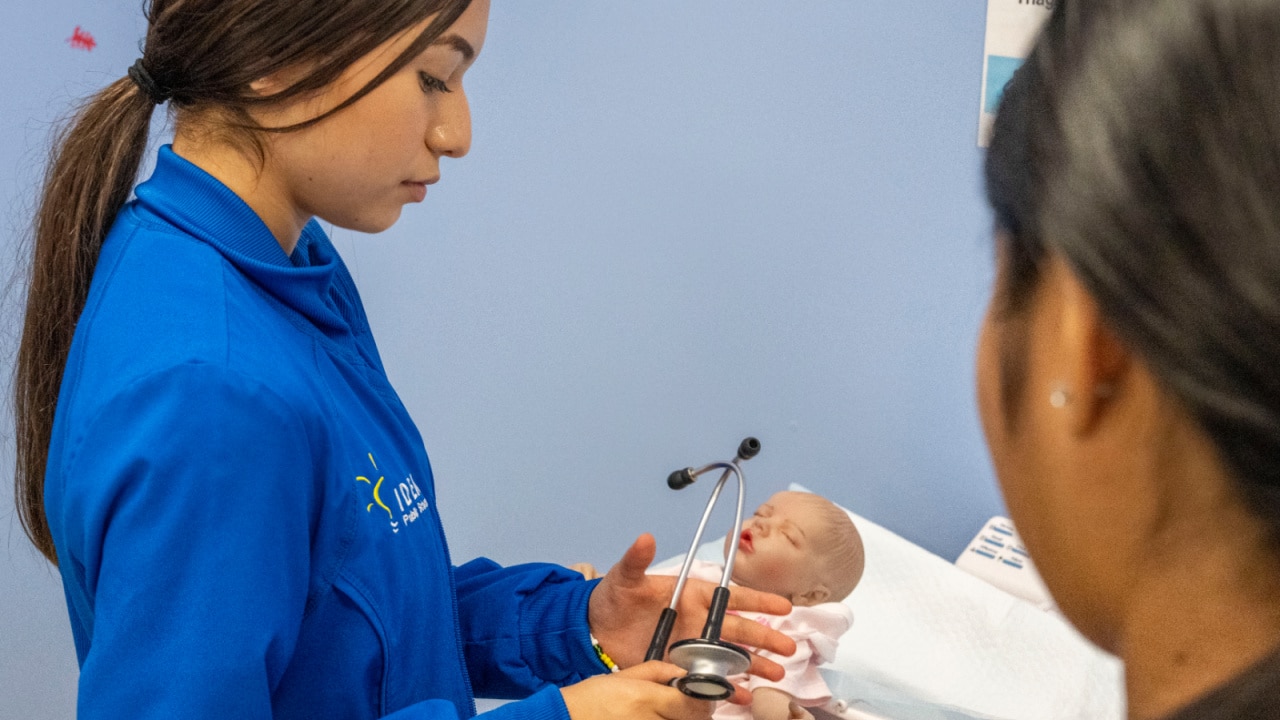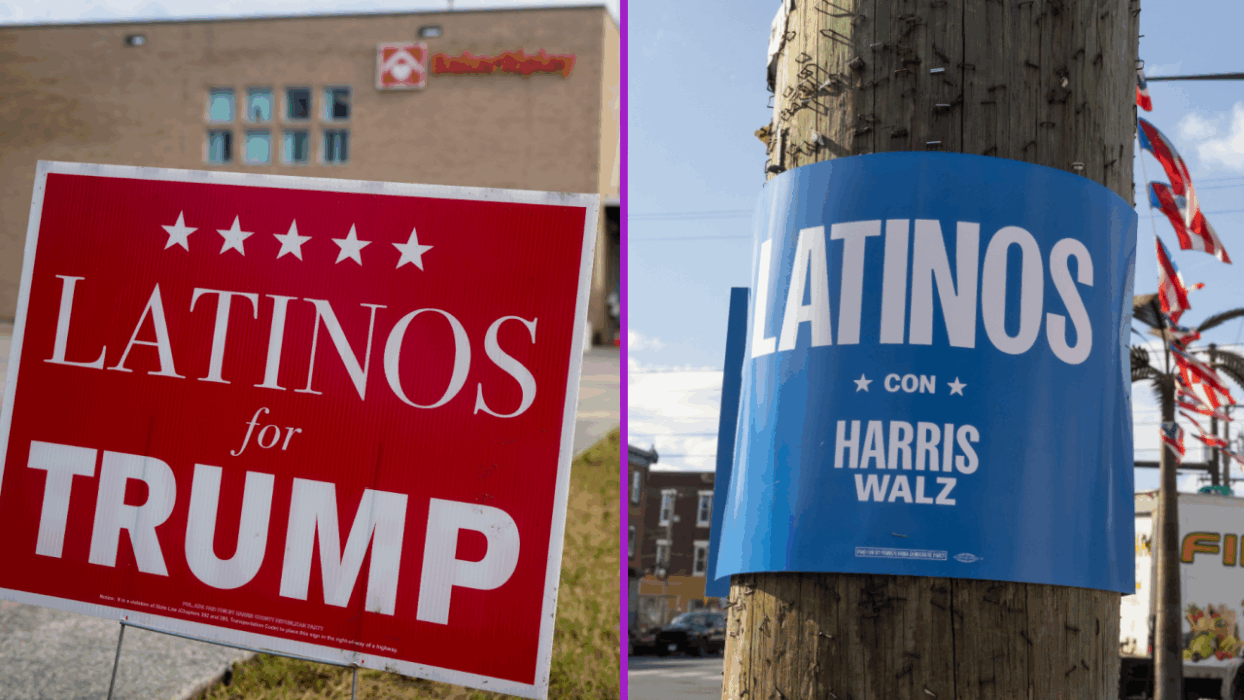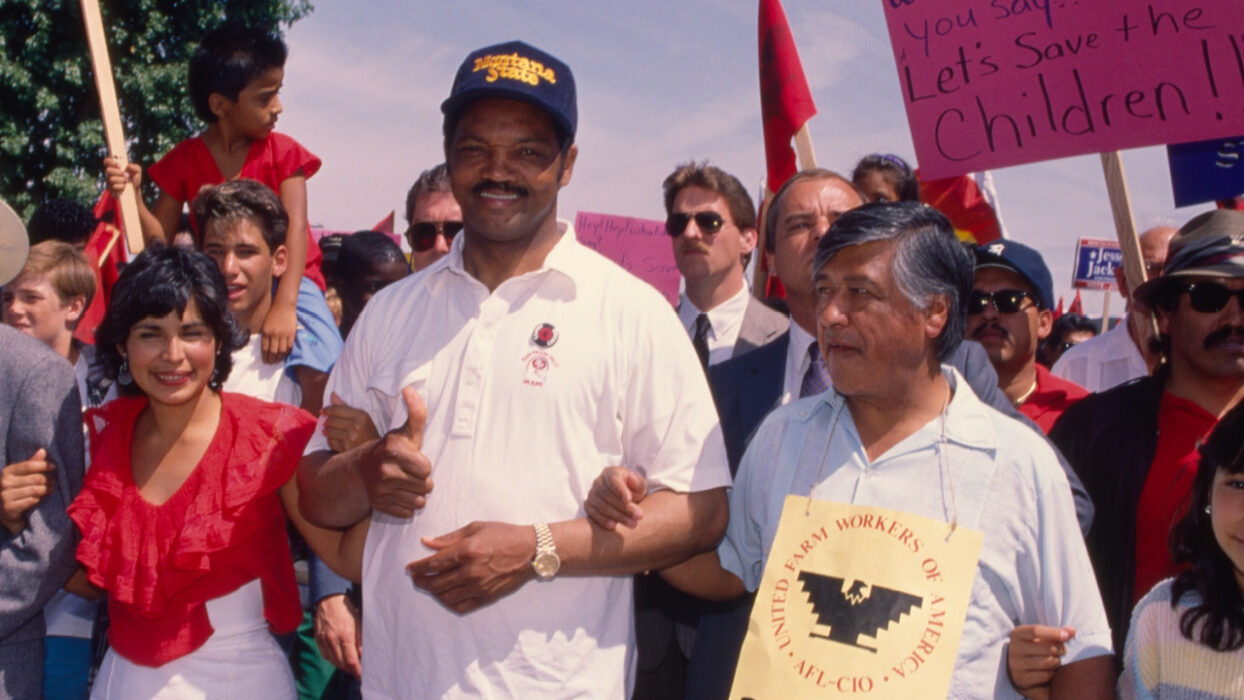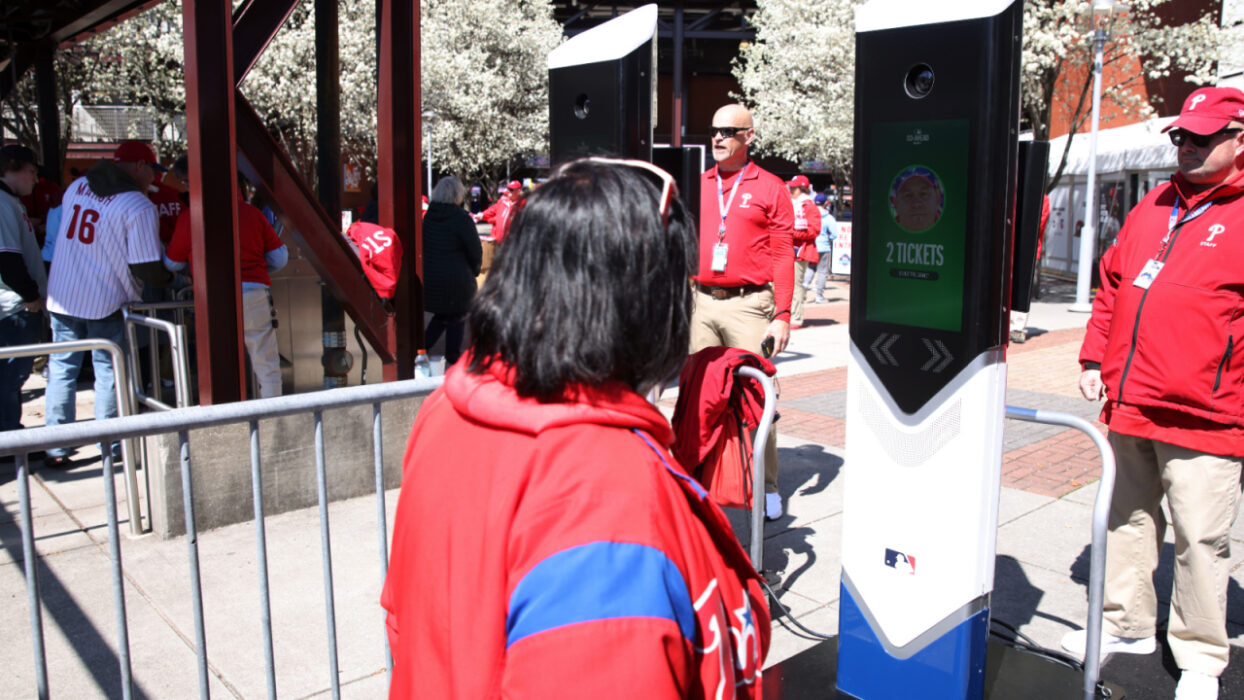
Breaking Down the Trump Admin’s Professional Degree Plan: How It Might Impact Latino Communities
The Trump administration wants to change the designation of some college degrees. In a recent announcement, the federal government is looking to downgrade some degrees so they are no longer categorized as professional. This will have big implications for people seeking these professional degrees, and Latinos are going to be impacted. Here is what that means and what it means for the Latino community.
The Trump administration wants to downgrade some professional degrees
The Department of Education (DoE) released a proposed list of professional degrees that it wants to downgrade. It is tied to the “big beautiful bill” that was passed earlier this year. Removing the quantifier of “professional” from these degrees will have strong implications for students.
Professional programs are structured to train individuals for particular careers that require hands-on or applied skills. The education provides people with the practical skills and knowledge for a chosen profession. There are several professional degrees out there, but the DoE wants to start limiting that number. But why?
Well, professional degrees allow students to receive higher annual amounts and higher lifetime amounts of federal student loans. Some are also eligible for different repayment options. Reducing the economic benefits tied to professional credentials would disproportionately harm people from low-income backgrounds and many communities of color.
What does changing the degree classification mean?
The changes would begin limiting students’ borrowing power on July 1, 2026. The degrees listed, which include nursing, teaching, architecture, and social work, will now be capped financially. Students will be restricted to borrowing $50,000 per year, with a $200,000 lifetime cap.
The cap is more extreme for students in graduate degrees. Those pursuing these graduate degrees are limited to $20,500 annually and a lifetime limit of $100,000.
Here’s why that matters. According to the University of California, Los Angeles (UCLA) website, the current limitation on borrowing isn’t enough to cover a year of tuition. A Master of Science in Nursing (MSN) degree at UCLA costs California residents $35,258. Non-residents pay $47,503 a year for the program.
While the lifetime borrowing limit covers the program, the annual limits don’t. This creates an obstacle that some students can’t overcome.
“Our post-baccalaureate nursing graduates are independent providers, systems leaders, and researchers who deliver critical care and drive innovation across communities,” reads a statement from the American Association of Colleges of Nursing (AACN). “Excluding nursing from the definition of professional degree programs disregards decades of progress toward parity across the health professions and contradicts the Department’s own acknowledgment that professional programs are those leading to licensure and direct practice.”
There are already shortages of nurses and teachers
Latinos currently make up 11.6 percent of teachers in the country. Latinos make up 19 percent of the U.S. population, according to the Pew Research Center. According to AACN, Latinos make up 6.9 percent of nurses, roughly 130,000. Both of these professions are facing serious shortages, and nursing professors are part of the shortages.
According to AACN, colleges denied 65,766 qualified applicants from baccalaureate and graduate programs. A lack of faculty, clinical sites, classroom sizes, and budget constraints were major contributing factors. The numbers show that the desire to be a nurse is growing, but the current education infrastructure can’t keep up with demand.
The number of Latinos who are entering nursing programs has more than doubled since 2011. The proposal to change the list of professional degrees will do more harm than good in the coming years. As these professions experience severe shortages, the federal government should be focused on making the path for new nurses and teachers easier.




